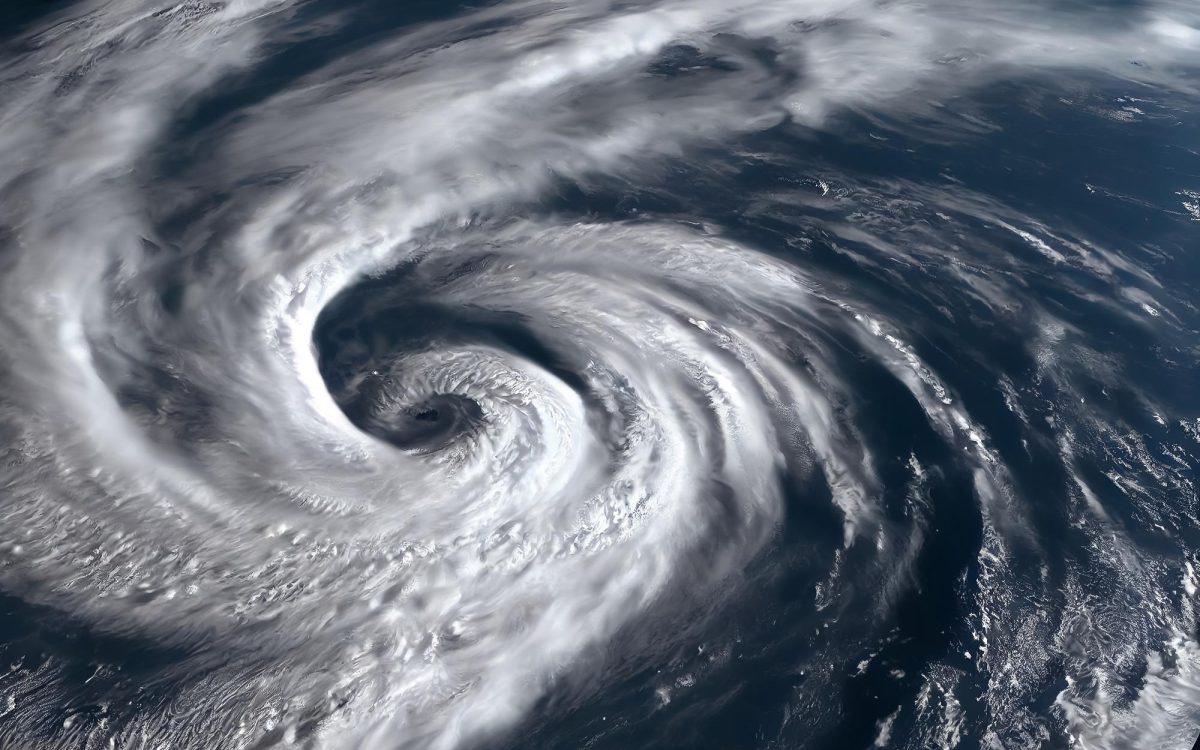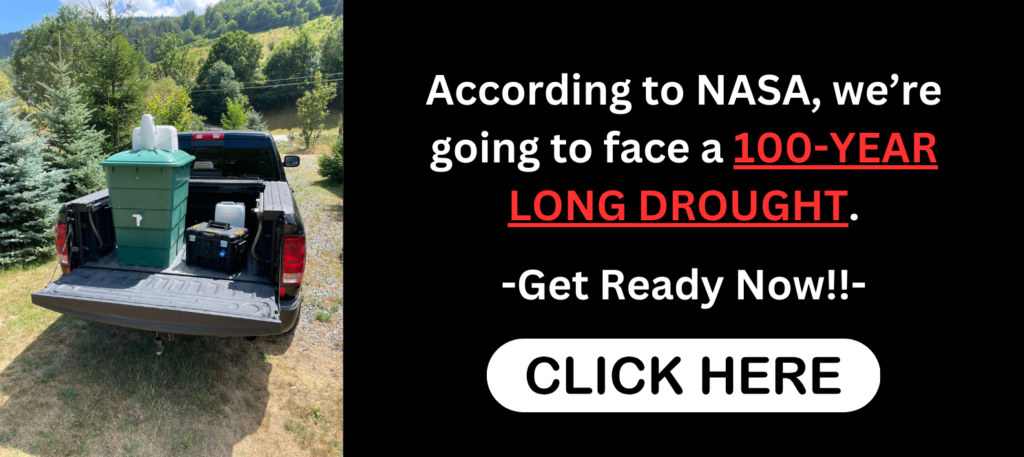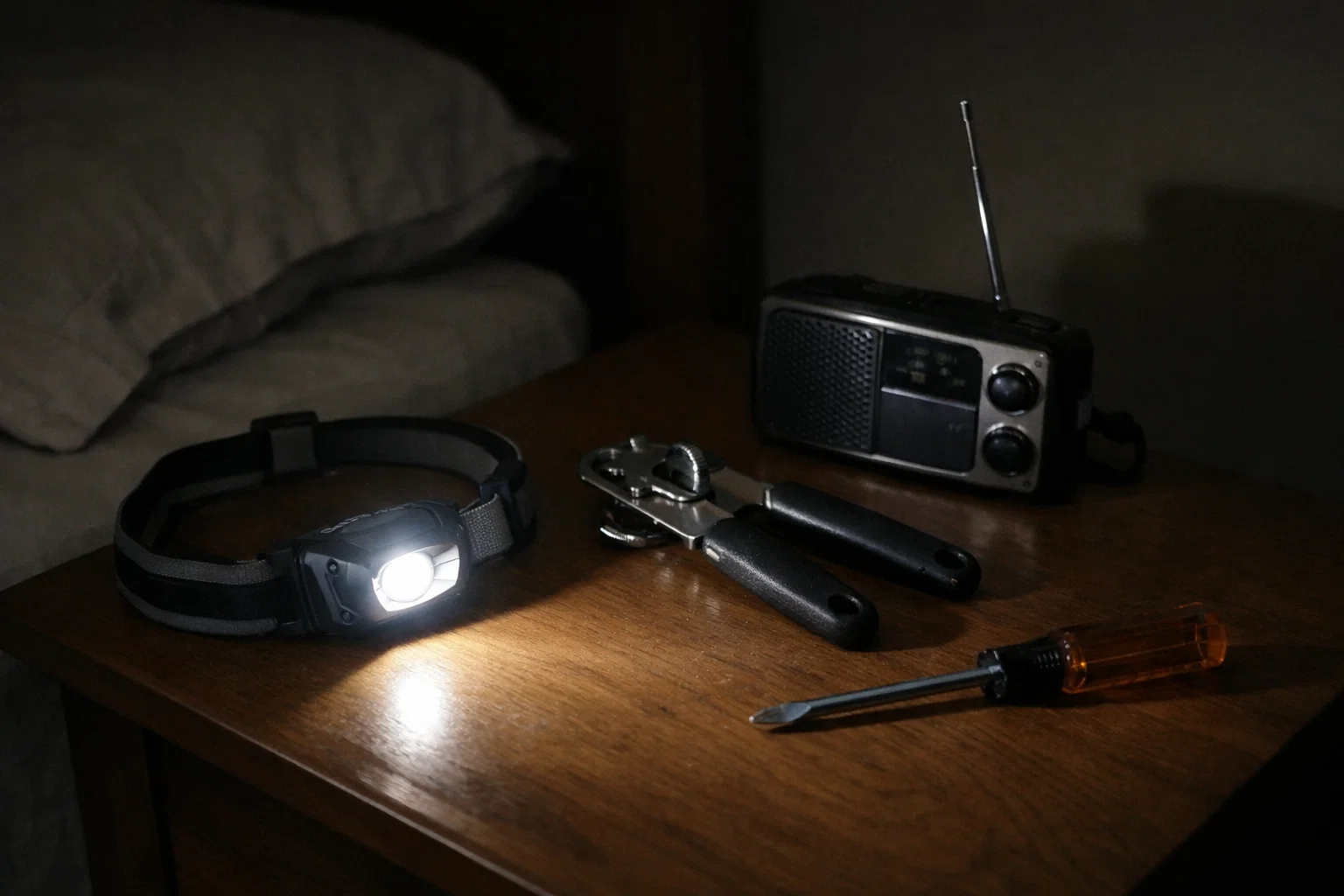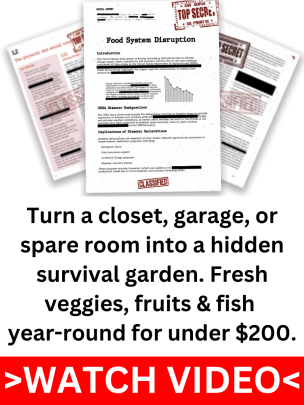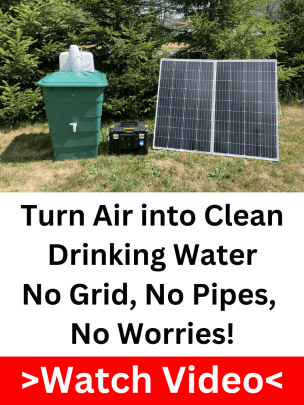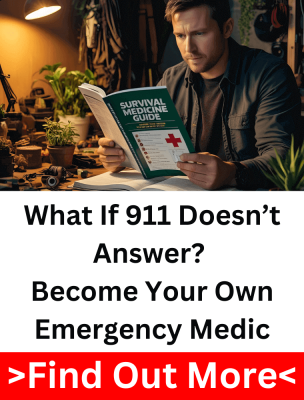Many areas experience hurricane season every year. If you’re not ready, these strong storms can uproot communities, disrupt lives, and jeopardize your survival. Knowledge and preparedness are essential for survival enthusiasts and preppers to survive these calamities. Hurricanes test your preparedness and fortitude, not simply another storm. If you have experienced one, you know how quickly things can go out of hand and force you to rely only on your instincts and preparation. If you haven’t already, now is the perfect moment to learn what’s at risk and how to deal with these disasters.
Understanding Hurricanes
Warm ocean waters are the birthplace of hurricanes, which can develop into powerful storms that can wreak havoc on a large area. Based on wind speed, these storms are divided into five categories, with Category 5 being catastrophic and Category 1 being the least severe. However, statistics don’t always provide a complete picture. While a Category 5 storm may avoid flooding but use its tremendous wind force to take off your roof, a Category 1 storm might deliver flash floods and torrential rain.
What makes hurricanes so dangerous is not just the wind, but also the storm surges and flooding that ensue. Storm surges can elevate water levels several feet in minutes, flooding entire neighborhoods. Flooding, on the other hand, might last long after the storm has passed, limiting access to services and hindering recovery operations. Hurricanes can also cause tornadoes and strong lightning storms, creating a web of threats that can catch even the most experienced preppers off-guard. Understanding these risks allows you to focus on hurricane preparation tactics that address the full range of potential impacts.
Unexpected problems brought on by hurricanes include water contamination and extended power disruptions. Even if your house is wind-resistant, the aftermath may leave you for weeks without access to groceries, safe drinking water, or electricity. Knowing the full range of dangers storms provide will help you prepare better and improve your chances of surviving the storm safely.
Preparing Before Hurricane Season
It is best to begin preparations well in advance of hurricane season. If you wait until a storm is predicted, you will have to rush to get supplies and will miss important opportunities to protect your family and house. Determine your home’s vulnerabilities first. Purchase storm shutters or, at the very least, pre-cut plywood to protect your older windows. If you reside in a location where strong winds are common, use hurricane straps to reinforce your roof. Since your house is your first line of defense, strengthening it now could prevent thousands of dollars in damages down the road.
Another non-negotiable is to stockpile necessities. Make sure you have enough food and water in your house for at least two weeks. This means considering diversity and nutrition in addition to the essentials. Freeze-dried fruits, canned meats, and shelf-stable milk can provide your family with sustenance without requiring refrigeration. Remember to use manual tools, such as a hand-cranked radio, to stay informed in the event of a power outage. Just as crucial to staying ready is planning for your fuel needs, such as gasoline or propane for generators.
Click Here and Grab These Life-Saving Essentials Before Time Runs Out
A go-bag is also essential, particularly if you’re in an evacuation zone. Pack it with needed clothing, personal hygiene supplies, copies of key documents, and a modest sum of money. Consider your specific demands. For example, if you or a family member depends on prescription medications, make sure you have an emergency supply. Preparing ahead of time also entails discussing evacuation routes with your family and where you will rejoin if separated. Communication is critical, particularly when cell service becomes problematic.
Advanced preparedness also includes evaluating your insurance policy and understanding your hurricane-related coverage. Many policies exclude floods by default, so you may need to purchase supplementary flood insurance. Check that your documents are up to date and properly maintained in a waterproof container to avoid losing important paperwork during a crisis.
Early Warnings and Evacuation Planning
It is rare for hurricanes to occur suddenly. Understanding notifications and keeping an eye on weather updates can save lives. Whereas warnings signal impending situations, watches suggest conditions are conceivable. Just looking at a forecast is insufficient; you also need to know what those updates indicate for your particular location. Is flooding a possibility for you? How near do you think you are to the storm’s eye’s predicted path? Depending on these specifics, you can either shelter in place or flee.
Don’t hesitate when an evacuation order is issued. Travel is hazardous due to worsening conditions and the rapid congestion of evacuation routes. During hurricane season, always keep your petrol tank full and practice your routes beforehand. Make sure you have enough supplies in your house to last at least two weeks if you choose to stay put. Think about the logistics of remaining in one place as well. Is your water supply sufficient for drinking and basic hygiene? Do you have a secure, raised area in your house where you can go in the event of flooding?
Planning for evacuation involves more than simply knowing where you’re going; it also involves knowing how you’ll get there and what you’ll need along the route. Always keep a first aid kit, extra fuel, and basic tools like pliers or a wrench in your car in case you need to turn off the utilities. Being as independent as possible while moving is the aim. Make sure your plans include your dogs, with food, carriers, and medical supplies ready to go. Because hurricanes can swiftly push you outside of your comfort zone, planning helps you feel less anxious and confused.
Staying Safe During the Storm
Your safety during a storm hinges on staying indoors and abstaining from dangerous activities. Pick the safest area in your house, ideally a windowless interior room. If the wind is strong, protect yourself from any debris by using mattresses or heavy furniture. Keep in mind that the pressure inside your house can become dangerous due to even a tiny window gap.
Candles are a fire hazard, so avoid using them for lighting during power outages. Choose battery-powered lamps or flashlights instead. Keep your electronics charged before the storm hits, and have portable power banks on hand for backup. Communication during a hurricane is frequently limited, so carrying a battery-powered radio can keep you aware of emergency updates and weather conditions.
Floodwaters are a particularly sneaky threat. Despite their shallow appearance, they can conceal sinkholes, downed electrical lines, and sharp debris. No matter how sure you are, never try to drive or walk across floodwaters. In just a few inches of flowing water, your car could be washed away, endangering your life. It can be the difference between life and death to remain vigilant and watchful.
When generators are utilized incorrectly during hurricanes, there is also a chance of carbon monoxide poisoning. To prevent lethal vapors, always run generators outside in well-ventilated spaces away from windows or doors. You can prolong your ability to endure prolonged outages by conserving fuel if you’re depending on backup power. You can stay safe during the storm’s most dangerous times by making advance plans for fuel storage and usage.
After the Storm
The aftermath of a hurricane can be as dangerous as the storm itself. Once it is safe to go outside, prioritize these steps. Examine your surroundings attentively. Downed power lines, unstable structures, and standing water are all major threats. Take nothing for granted; even seemingly slight harm might lead to serious consequences if ignored.
Document the damages for insurance claims. Take clear photos and make full records of any losses. The faster you begin this process, the sooner you will obtain support. Start the cleanup operation with caution, employing gloves and protective gear to avoid harm or illness. Standing water and trash can house bacteria, chemicals, and pests, so treat every surface as potentially hazardous.
Check-in on your neighbors, particularly the elderly or those with disabilities, and, if you can, give resources. Although recovery can take a while, it can be easier to handle if the community works together. Never undervalue the psychological toll that hurricane survival takes. Stress, anxiety, and even PTSD are normal, particularly after suffering a major loss. As you work through your recovery, make time for your family’s mental and emotional support.
As soon as possible, start replenishing and reevaluating your emergency supplies. Communities are frequently left exposed by hurricanes to future storms or protracted recovery times. Take advantage of the experience to enhance your future readiness. Make necessary adjustments to your plans after learning from what worked and what didn’t. Being prepared is a continuous commitment to safety, not a one-time endeavor.
Surviving the hurricane season involves more than just chance. Preparation, vigilance, and adaptation are the cornerstones of safety throughout these natural calamities. Understanding the risks and taking proactive steps not only protects you but also your loved ones. Start preparing now, the next storm may be closer than you think. Staying informed, safeguarding your house, and having a sound plan in place are not only good ideas; they are survival essentials. Every step you take now is an investment in your safety and resilience when the winds pick up and the rain begins to fall. Let’s face it: hurricanes will keep coming, but with proper preparation, you can weather any storm and emerge stronger on the other side.

